“Inheriting the Holy Land: An American’s Search for Hope in the Middle East,” by Jennifer Miller (Ballantine Books, 2005).
Amos Oz has explored the subject in novels. Amos Elon has penned essays about it. Politicians as varied as Abba Eban, Mahmoud Abbas, Bill Clinton and even Ariel Sharon have tried to solve it. So, what can a 26-year-old Ivy League graduate add to the long and storied history of the region with the world’s most intractable political problem?
Plenty of inspiration, if we are to judge by Jennifer Miller’s new book, “Inheriting the Holy Land.”
Miller, who will be discussing and signing copies of her book at the Jewish Community Library on May 9, considers herself to be from a privileged background.
She contrasts the “level of seriousness” of the Middle Eastern youth she has met over the years to the relatively carefree existence she had growing up in a tony Washington, D.C., suburb and going to Brown University.
Even if she is to the manor born, Miller has done dogged and intrepid work in reporting on the Middle East through a unique lens — that of a graduate of the Seeds of Peace program, a cultural and political awareness “summer camp” uniting teenage Israelis, Palestinians and other kids from the region.
She exposes the paradoxes of these young adults, the Palestinian boys who criticize the United States, yet wear Coke and American flag shirts and implore her for U.S. visas; the Orthodox Israeli girl, who prays apart from the men in synagogue, yet dresses in a sexy outfit when she is outside; the Israeli army officer sitting next to his ostensible enemy, a Jordanian college student, while drinking tea in Washington.
Not surprisingly, there are parallels to these stories — religious Israeli and Palestinian girls seem to suffer a similar kind of oppression; an Israeli boy decorates his room with weapons (“rusted knives and tarnished bullet belts hang on the walls”), while a Gaza boy tells Miller that he trades bullets as if they were baseball cards.
Miller has subtitled her book, “An American’s Search for Hope in the Middle East,” and indeed she infuses the story with much optimism. But she says over the phone, “I don’t really believe in peace. The word, peace, the notion of peace, it’s an ideal. There’s never going to be harmony.”
Instead of peace, she looks for “pragmatic” steps, a future of cooperation on matters such as the region’s economy.
Her subjects, the Middle Eastern youth, have all lived together for a summer in Maine. While many Israelis in the Seeds program build a strong rapport with Arabs and vice versa, Miller avoids the cliché of suggesting that these relationships will last. She depicts the nascent friendship between Mohammad and Omri, a friendship that breaks off after the summer program ends.
Yet she points out that “it’s not so important whether they stay in touch.”What’s more important is that “they feel empowered for the first time.”
Sometimes, her book seems to reflect too much of a Generation Y mindset — Miller might have varied her metaphors; all of the references to J.R.R. Tolkien, Monty Python and “Star Wars” leave one wondering if today’s youth devote all their leisure time to fantasy epics.
However she spends her leisure time, Miller remains a dedicated journalist, braving trips to the Gaza Strip, where she interviews Palestinian security official Mohammad Dahlan, and almost gets stuck for the night; Ramallah, where she matches wits with and eats fresh vegetables off the finger tips of the late Yasser Arafat; and cafes in Jerusalem that a few days later are targeted by suicide bombers.
If she finds Arafat to be a charming liar, Miller portrays Ehud Barak, the former Israeli Prime Minister who was voted out of office after agreeing to vacate more than 90 percent of the West Bank, as a defiant and somewhat belligerent man. She also visits with the forgotten people, Israeli Arabs, who endure a kind of liminal, inferior status, accepted as neither full-fledged Israelis nor as Palestinians.
Although Miller says over the phone that the “vast majority of the people [in the Middle East] want to be productive citizens,” her book suggests that we can’t forget others like the man from Gaza, who claims to be a Shakespeare scholar yet utters the basest and oldest lies that “Zionists control the mass media all over the world.”
No wonder Miller admits that she used to be “confused” about the Middle East, even though her father was a U.S. State Department negotiator who tried to broker peace agreements between the Israelis and Palestinians at Oslo and Camp David. She decided to write “Inheriting the Holy Land” to make the whole situation “more accessible and engaging” to Americans, whom she views as her audience.
Her next book project, she says, is motivated “by a cross-country motorcycle ride with the Rolling Thunder Vietnam Veterans.”
She chuckles when asked if she is following in the footsteps of Alexis de Tocqueville, Tom Wolfe or Hunter S. Thompson. She says she wants to inspire the same level of civic engagement in young Americans that she saw in Middle Eastern youth.
“Freedom is ubiquitous for us,” she says. “We don’t always appreciate that it’s a scarce resource.”
Jennifer Miller reads and signs “Inheriting the Holy Land” on Tuesday, May 9, at the Jewish Community Library of Los Angeles, 6505 Wilshire Blvd., (323) 761-8644.






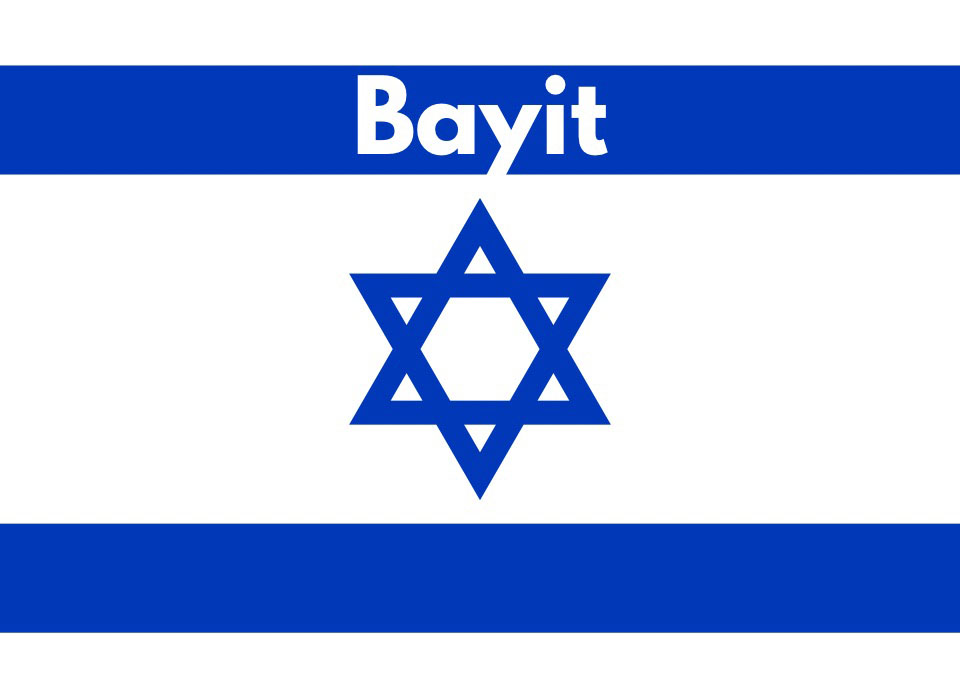

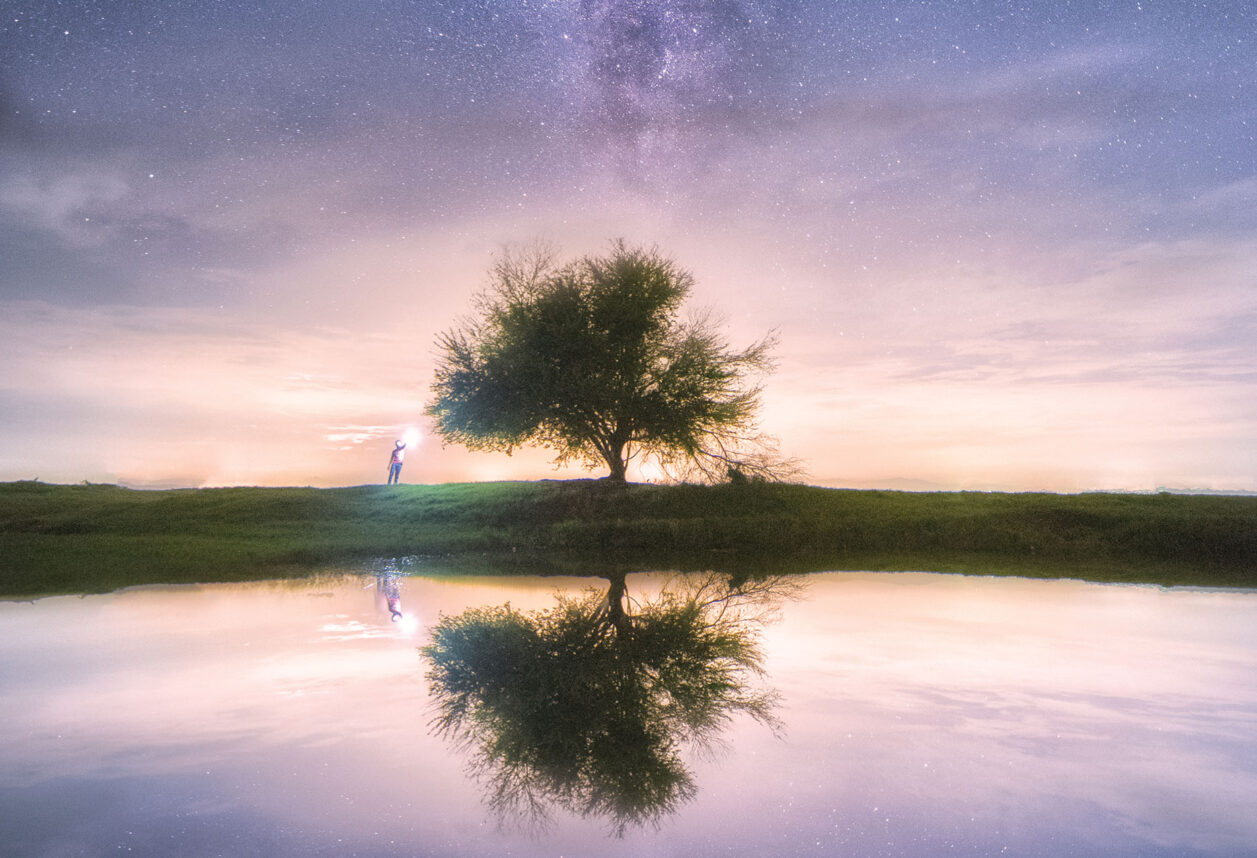

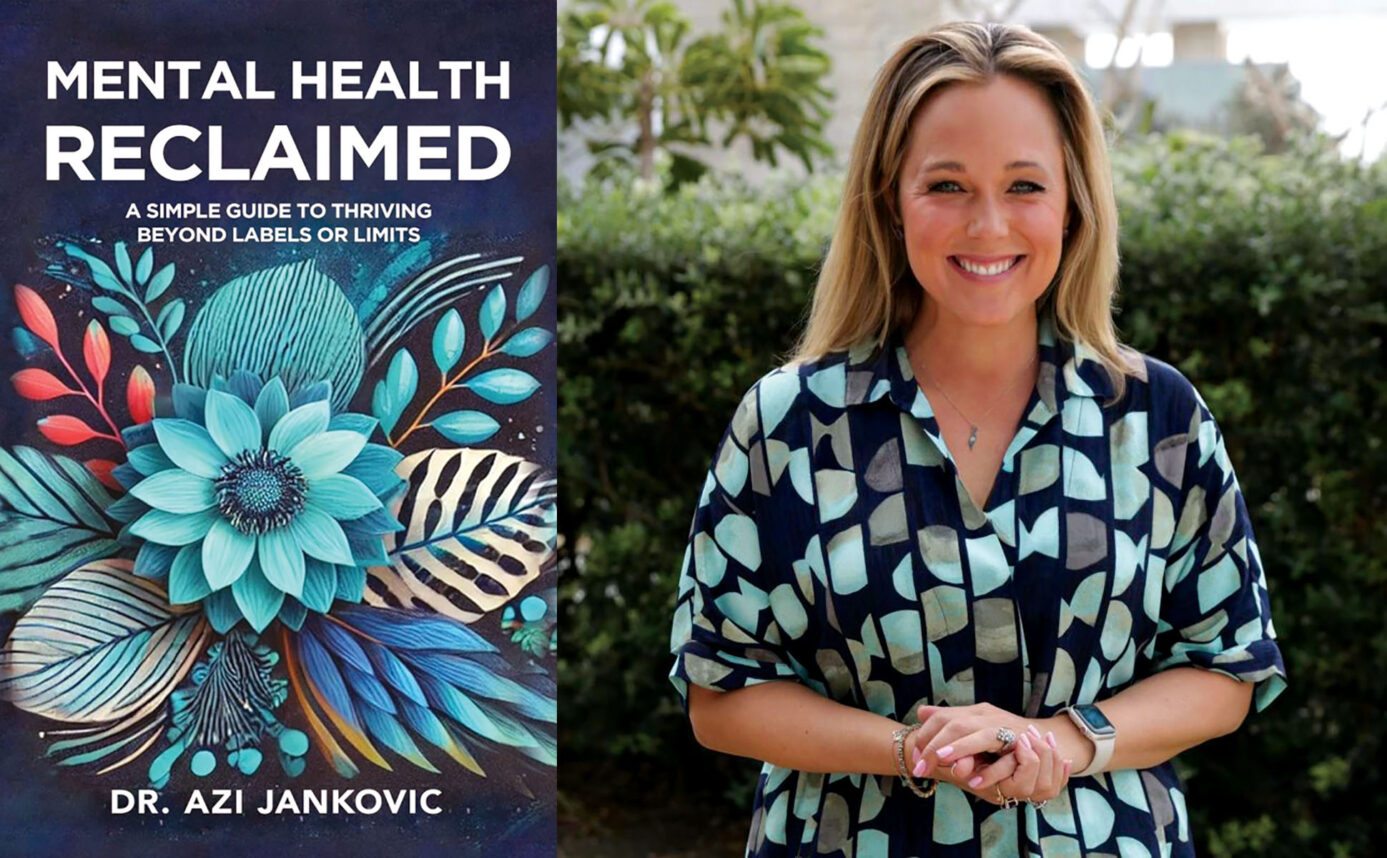

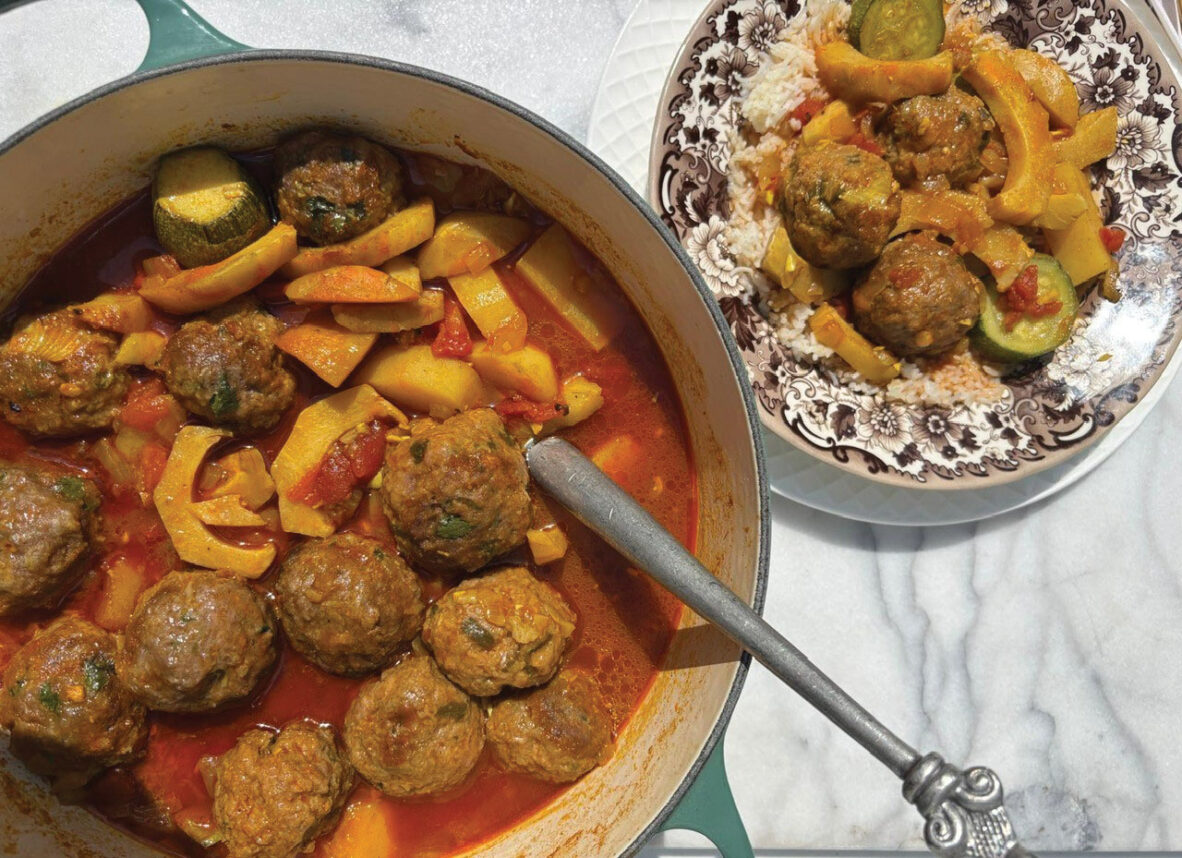



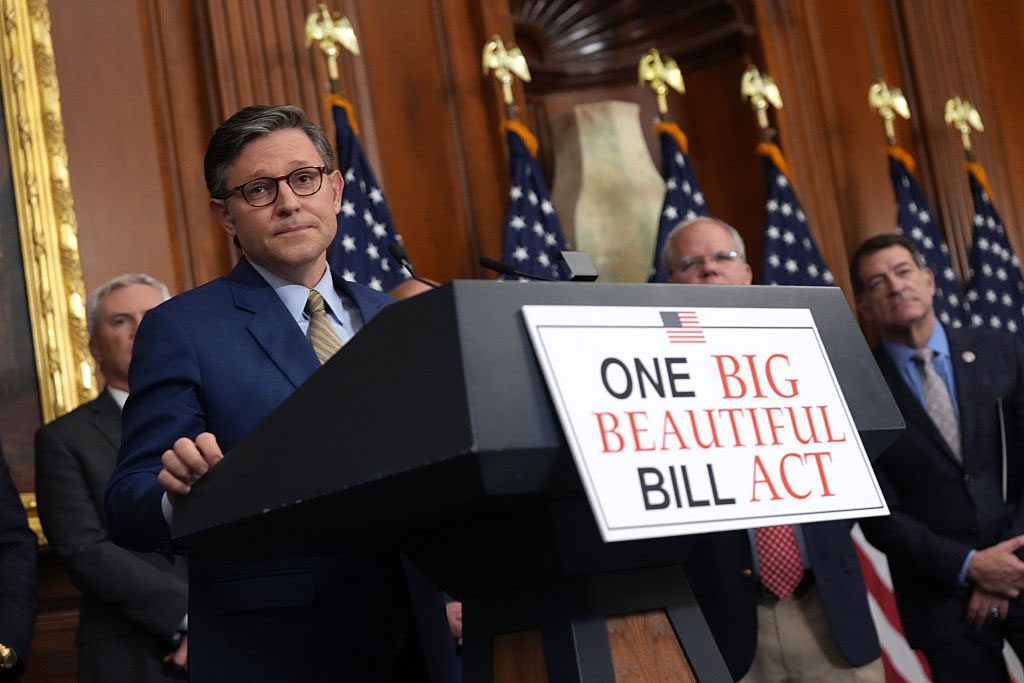
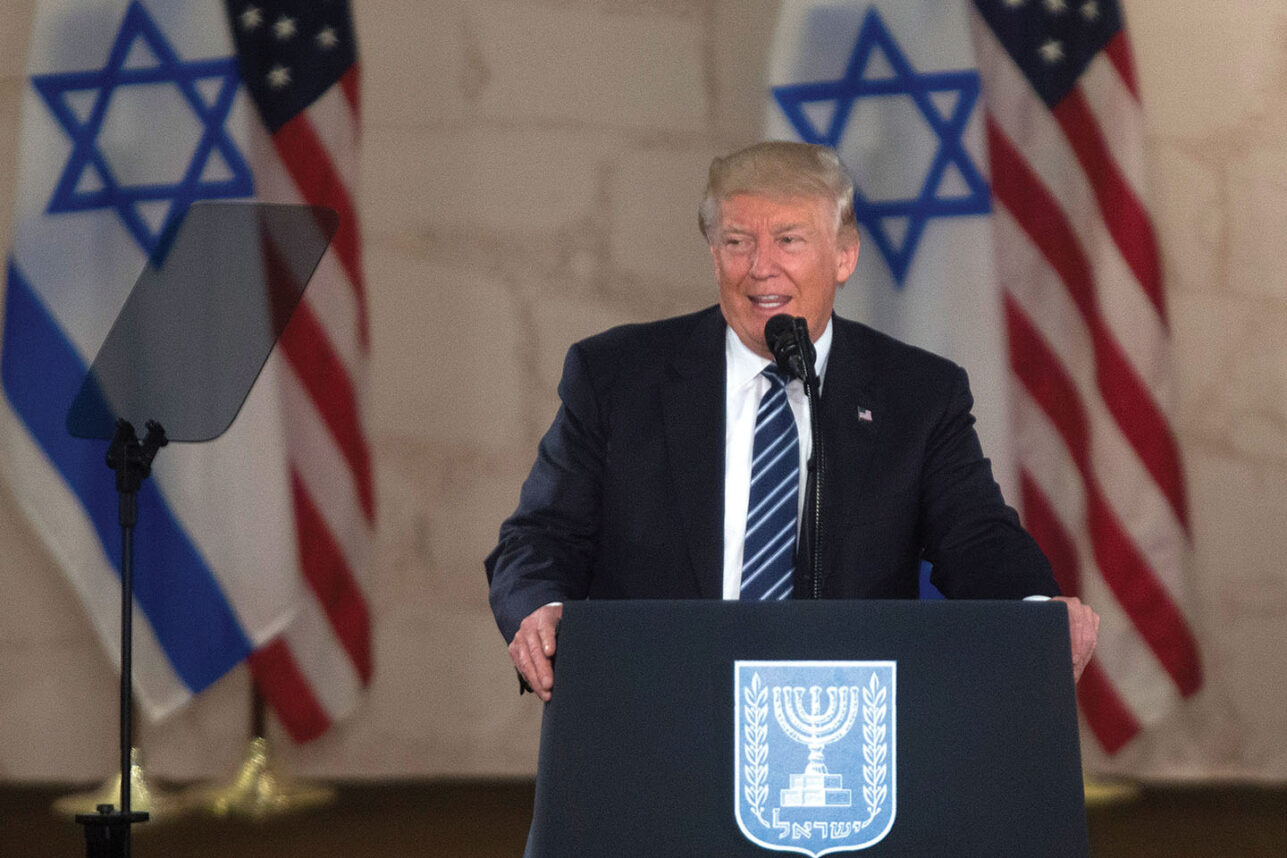

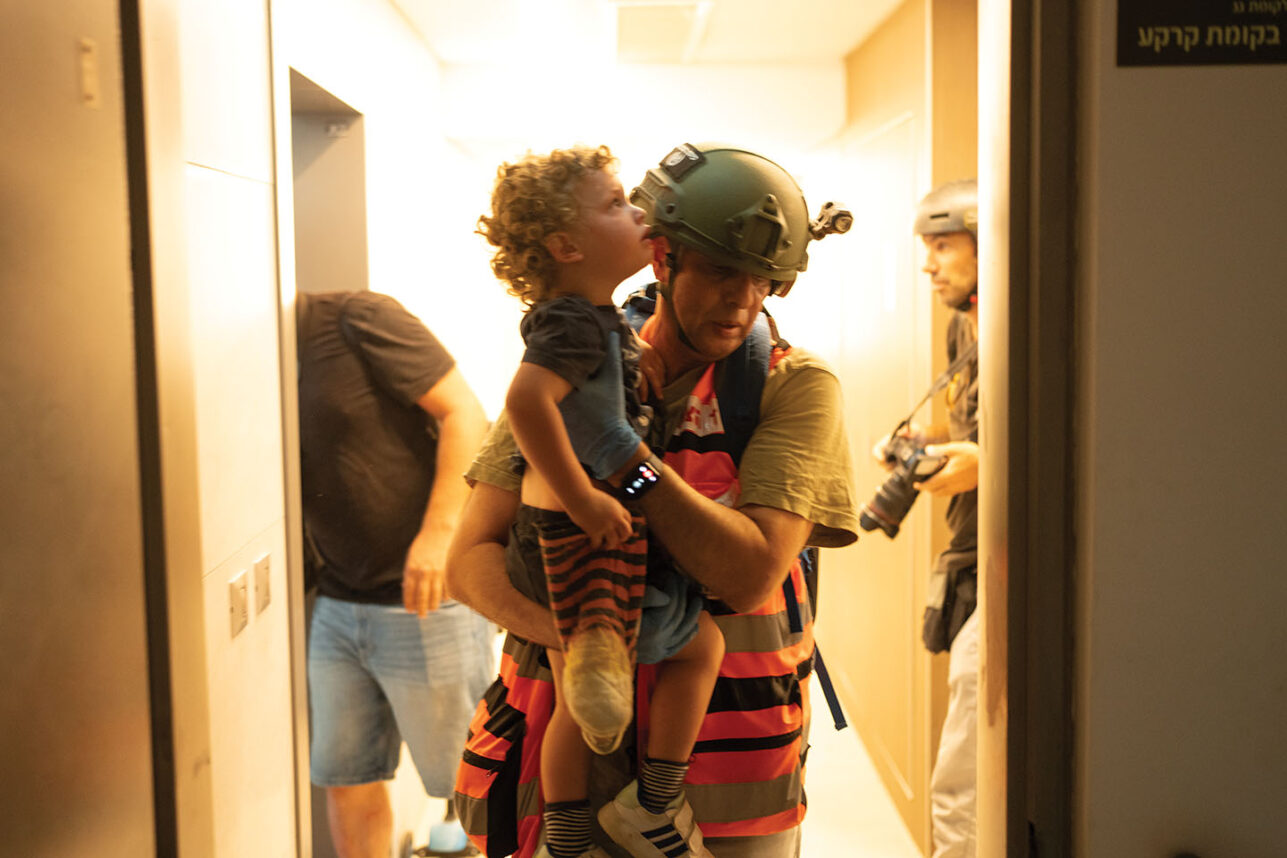

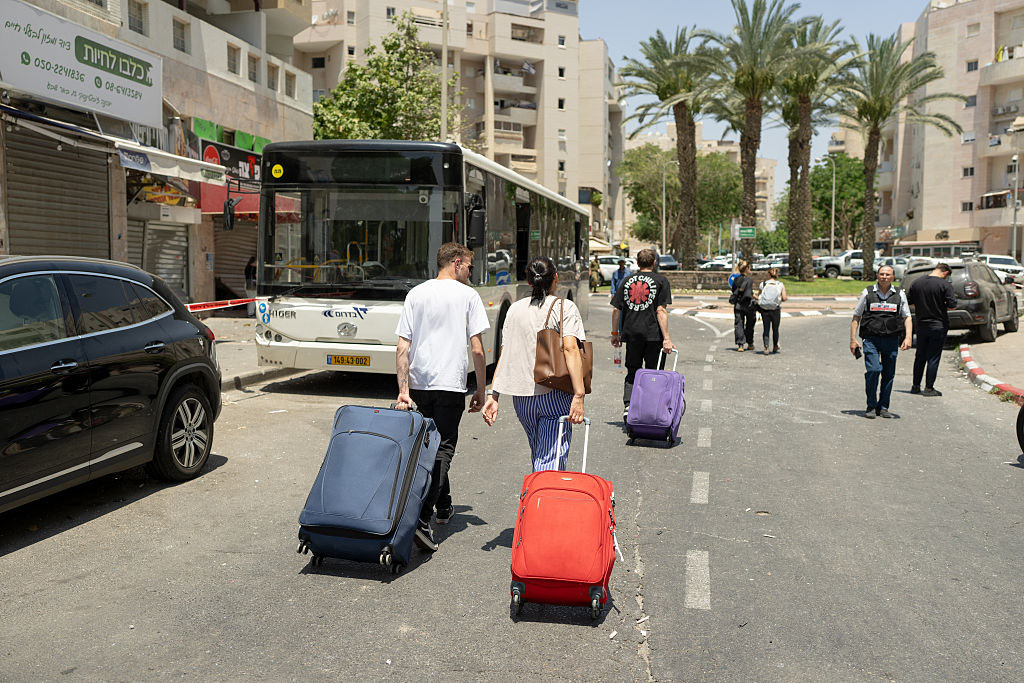
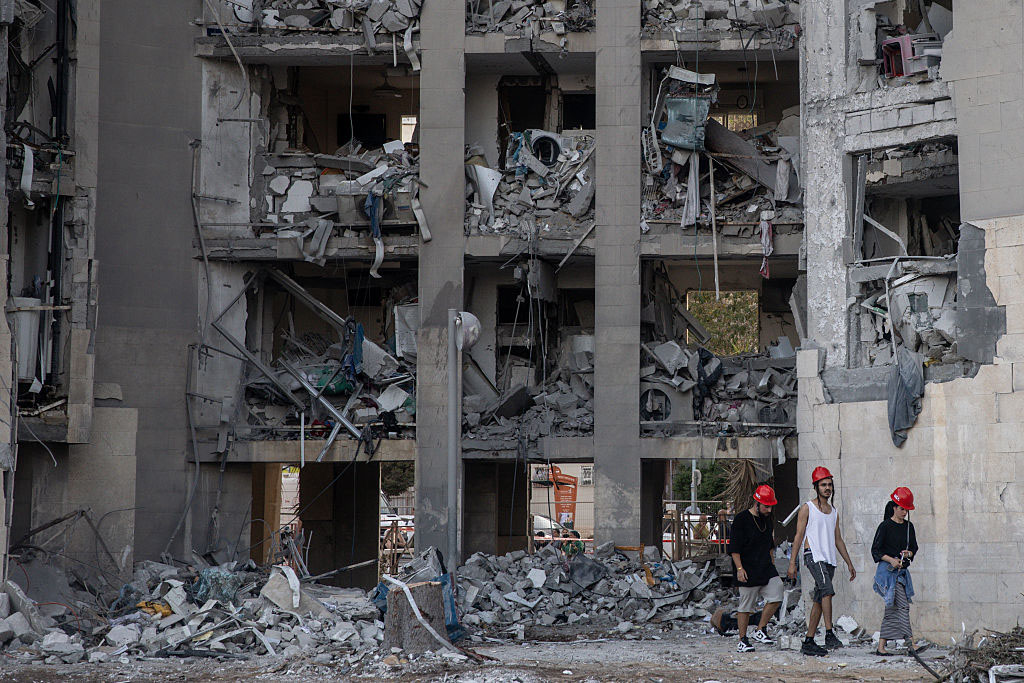

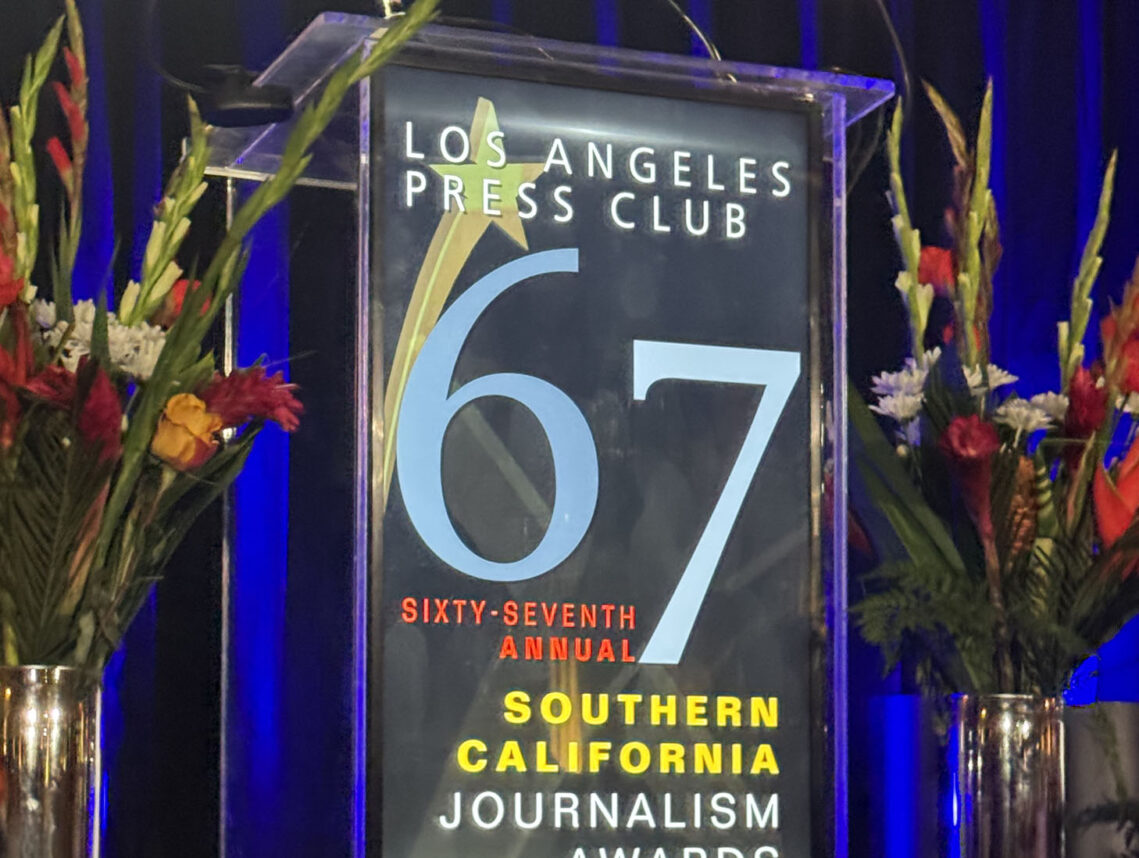
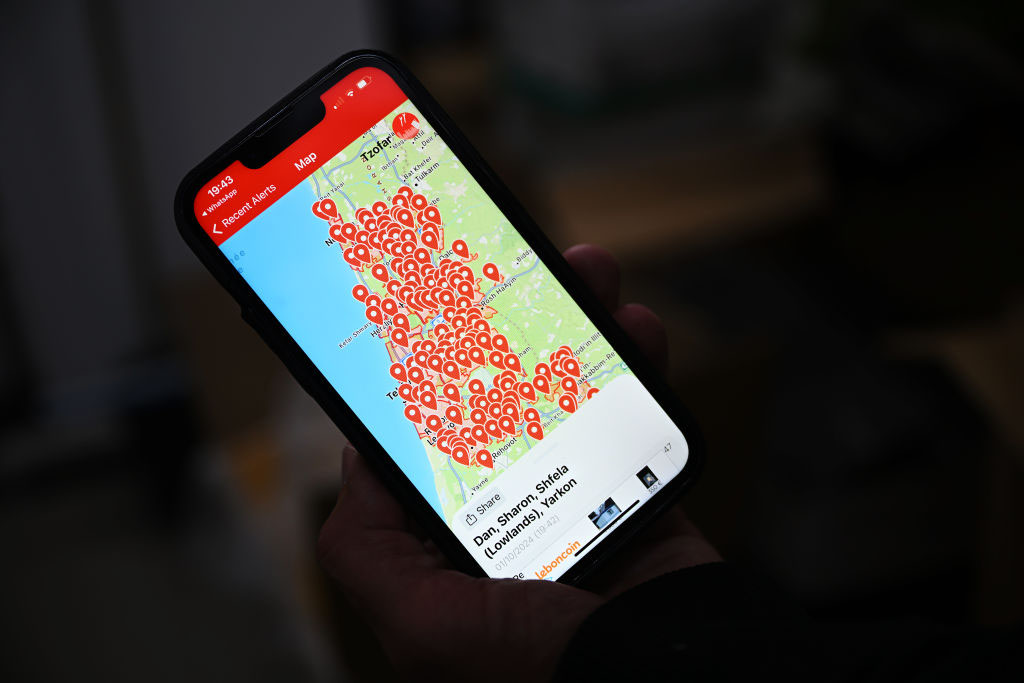
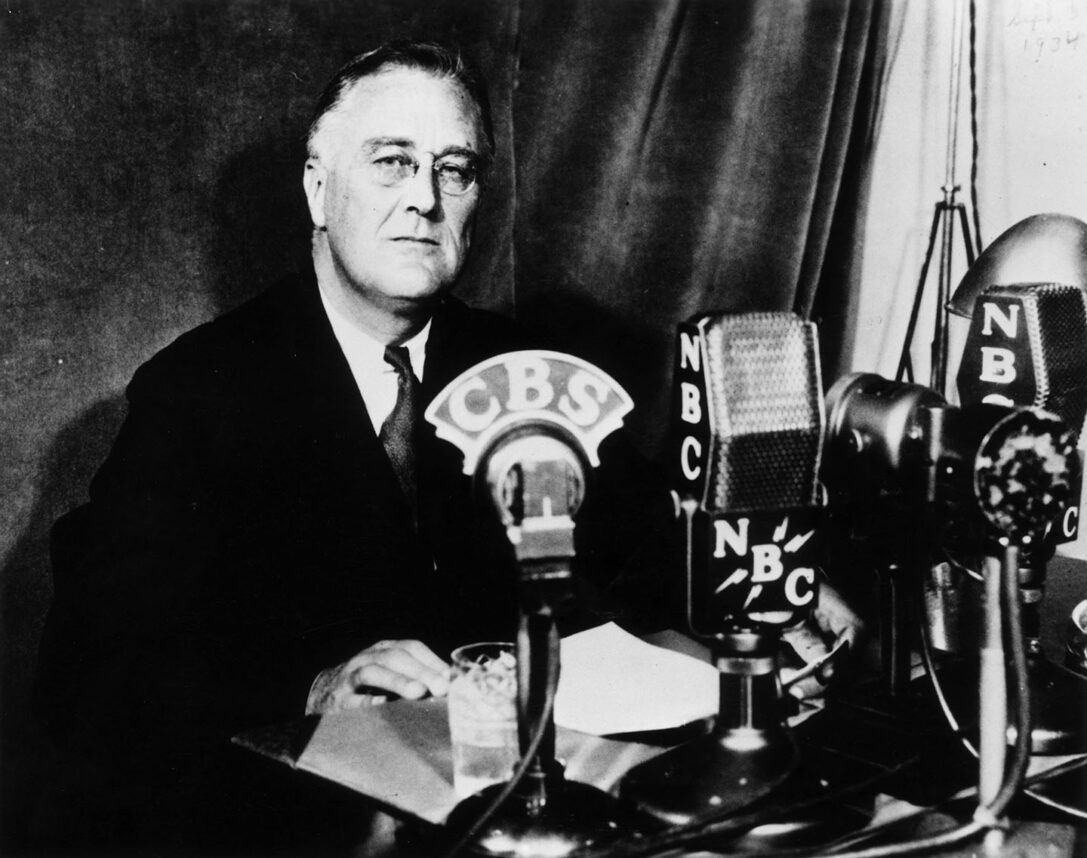
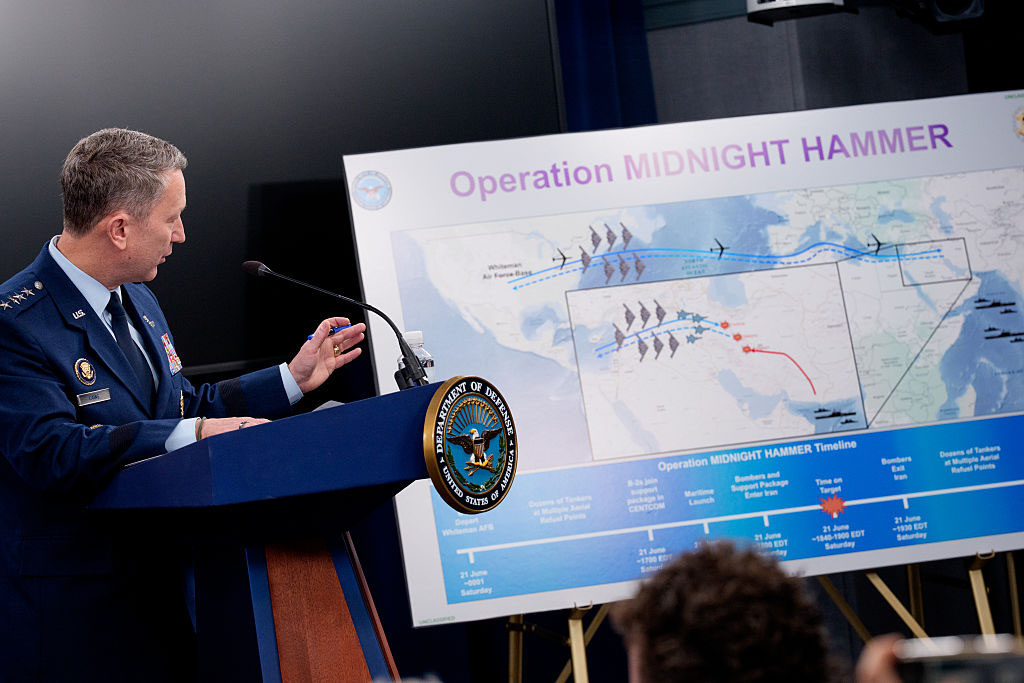
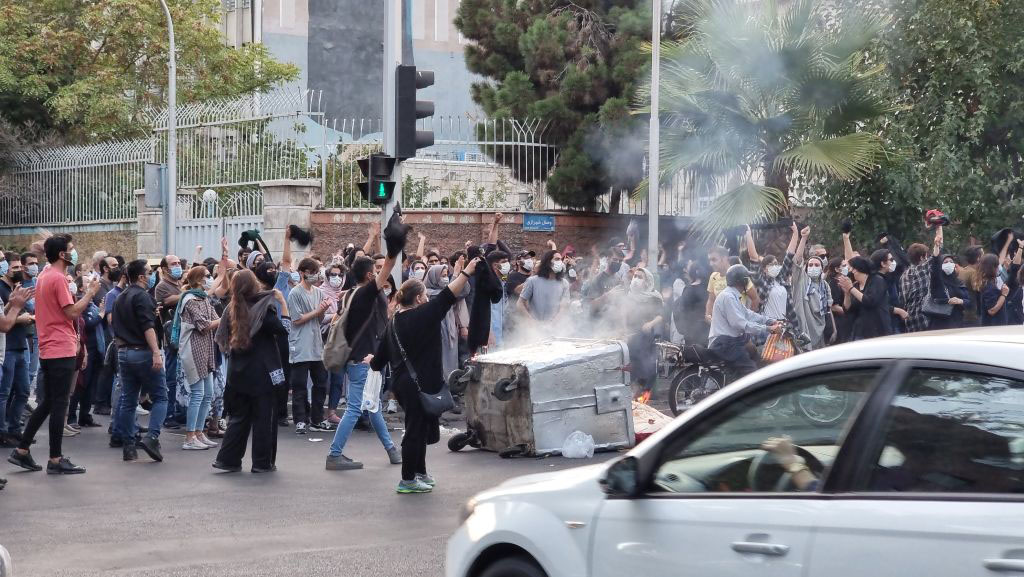
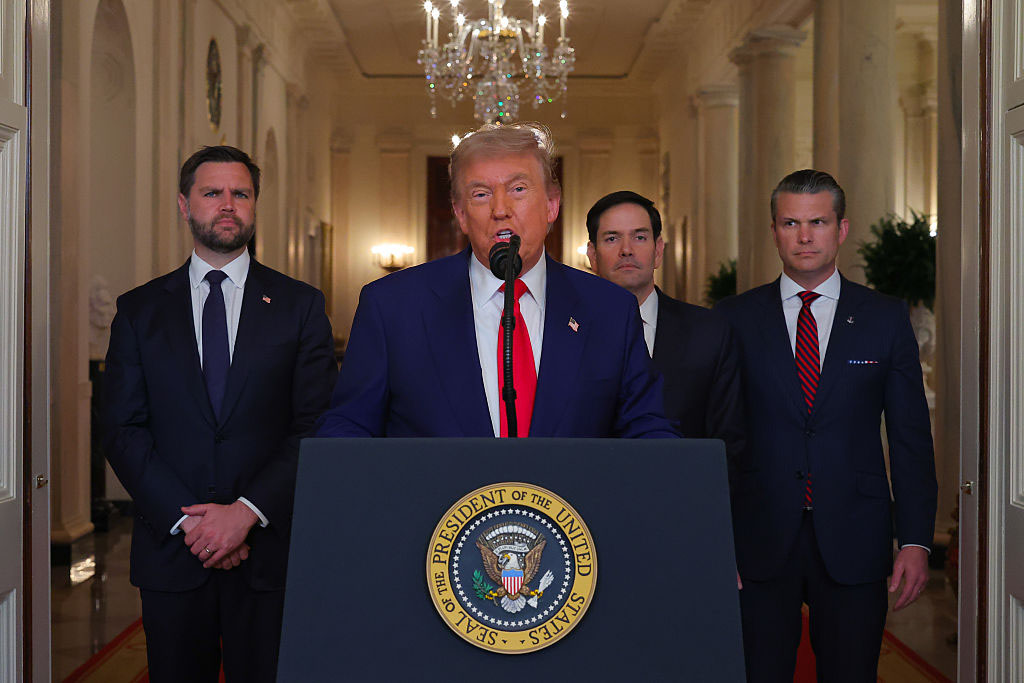



 More news and opinions than at a Shabbat dinner, right in your inbox.
More news and opinions than at a Shabbat dinner, right in your inbox.